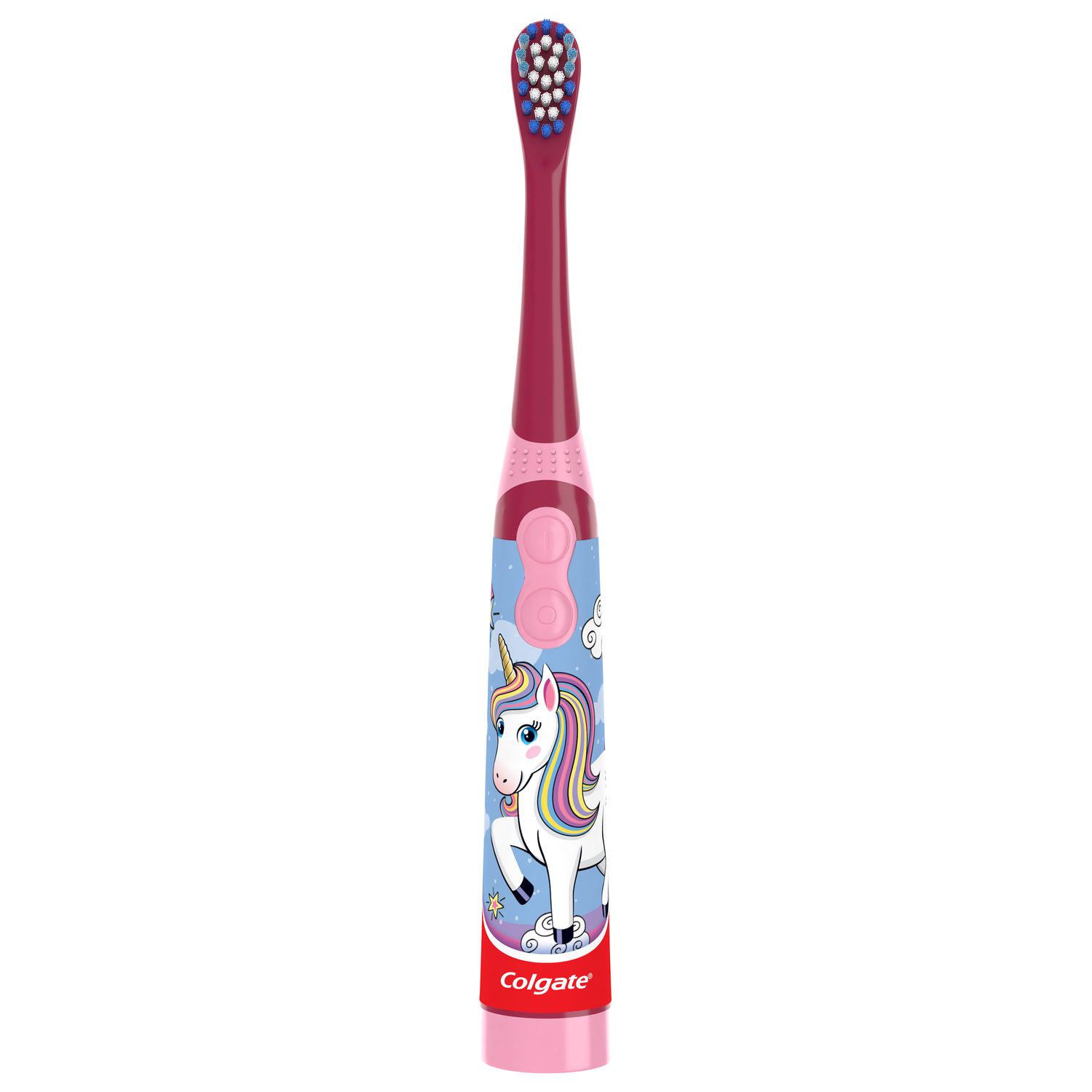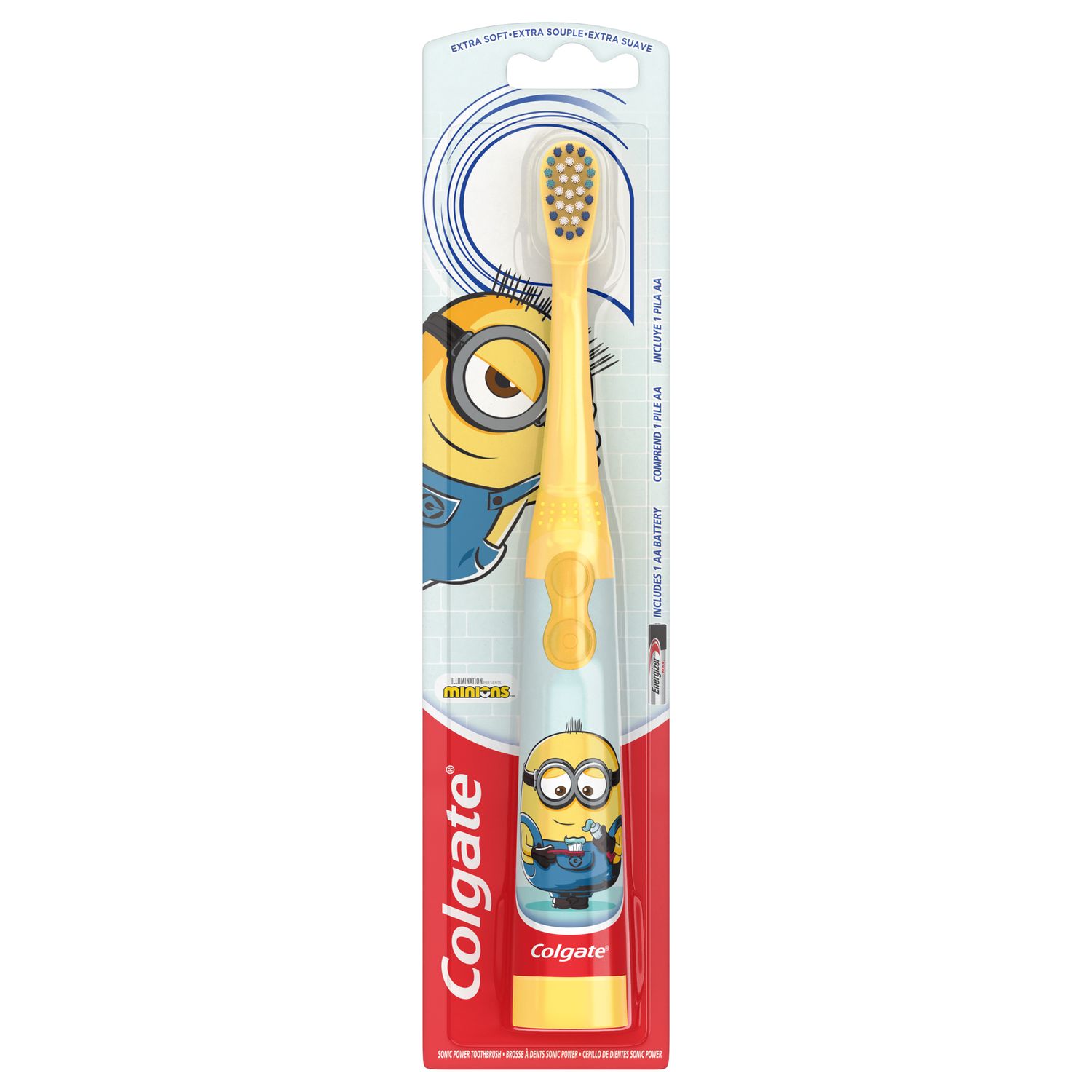What Are Teething Tablets?
Teething tablets for babies are small pills designed to dissolve under a baby's tongue or in a small amount of water. These tablets, also known as dentonic teething pills, are a homeopathic treatment. They typically contain ingredients such as chamomilla/chamomile, which helps with irritability, and Coffea cruda, which helps curb sleeplessness.
Why You Should Avoid Teething Tablets for Babies
Since teething tablets are considered a supplement, and the supplement industry isn't regulated, there's no way to verify the exact ingredients and portions of ingredients in teething tablets. That means teething tablets can potentially contain toxic and dangerous ingredients, and you may have no way of checking this.
For example, homeopathic teething tablets often contain belladonna, a medicinal plant that can be toxic. Although it's sometimes sold as a supplement, the National Library of Medicine lists belladonna as "likely unsafe" when taken by mouth. Babies are particularly vulnerable to the effects of belladonna. If a baby ingests too much, it can lead to extreme lethargy, seizures, breathing difficulties, and even death.
Alternatives to Teething Tablets
Fortunately, there are several other safe and effective ways to help your child feel better as their teeth come in. Giving your baby a cold washcloth or lightly chilled teething ring to chew on can help to soothe tender gums, and gently massaging your baby's gums with your clean fingers can also help relieve any discomfort they feel. To keep the area around their mouth and lips from becoming irritated or sore, use another soft cloth to wipe away extra drool, as excess saliva can irritate delicate skin over time. If your child requires more relief than a topical treatment like a gum massage or teething ring, you can give them a pain reliever like ibuprofen. We recommend speaking with your pediatrician about how much ibuprofen, and which brand, you should give to your child. You should avoid giving your baby any teething gels that contain benzocaine, as this can have dangerous side effects in children under two.
While finding ways to ease your baby's discomfort, you may also want to start thinking about introducing them to a good oral care routine. As the teeth begin to emerge, you can begin with an age-appropriate toothbrush and a small amount of toothpaste, the size of a grain of rice. Doing this twice a day will help your child get used to having dental products in their mouth. It also sets them on the right path of fighting bacteria that develops after a feeding.
We don't recommend teething tablets as a safe solution to your child's teething discomfort. But we understand that it's a priority to help them find relief! Luckily, there are plenty of ways to help your child through these growing pains, from gum massages to over-the-counter pain medication. And remember, teething won't last forever!
Oral Care Center articles are reviewed by an oral health medical professional. This information is for educational purposes only. This content is not intended to be a substitute for professional medical advice, diagnosis or treatment. Always seek the advice of your dentist, physician or other qualified healthcare provider.
ORAL HEALTH QUIZ
What's behind your smile?
Take our Oral Health assessment to get the most from your oral care routine
ORAL HEALTH QUIZ
What's behind your smile?
Take our Oral Health assessment to get the most from your oral care routine















